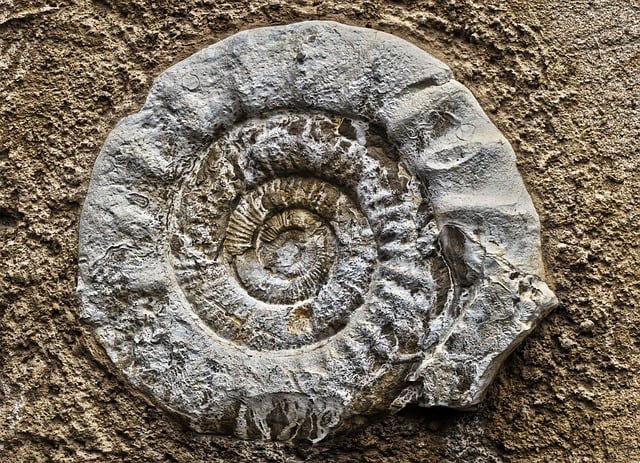Listen&Learn: Carbon Dating
Posted by: Jaksyn PeacockPre-listening vocabulary
- carbon: a common chemical element that is necessary for life
- fossil: the remains of an organism that lived a long time ago
- radioactivity: the ability of a substance to produce energy from the decay of its particles
- decay: to break down or decompose
- half-life: the amount of time it takes for half of a substance to completely decay
- estimate: to make a reasonable guess
- fossil fuels: natural fuels like oil or coal
Listening activity
Podcast: Play in new window | Download (Duration: 1:28 — 1.3MB)
Subscribe: Apple Podcasts | Google Podcasts | RSS | More
Gapfill exercise
Comprehension questions
1. Scientists use carbon dating to determine
Scientists use carbon dating to find out the age of a fossil.
2. 5700 years is the amount of time it takes
5700 years is the amount of time it takes for half of a fossil's carbon-14 to decay.
3. Carbon dating may be more difficult in the future because
Carbon dating may be more difficult in the future because there's too much stable carbon dioxide in the atmosphere.
Discussion/essay questions
- Human fossil fuel use is a big issue. Carbon dioxide levels are getting higher, and climate change is going to affect the world in many ways. Are there any changes you’ve made in your life to help the environment? Are there changes you’d like to make in the future?
Transcript
Carbon dating is a process that scientists use to find out the age of a fossil. All living things consume forms of carbon throughout their lives. A rare type of carbon called carbon-14 is radioactive, which means that it decays over time. Living things usually absorb carbon-14 through natural carbon dioxide in the atmosphere. Since every radioactive substance decays at a specific rate, scientists can use a substance’s half-life to find out how long it has existed. Carbon-14 has a half-life of 5700 years. Scientists can estimate an age for any fossil that has enough carbon-14 left to measure. However, carbon dating may become more difficult as humans continue to use fossil fuels. Oil and coal put more stable carbon dioxide into the atmosphere, which affects the amount of carbon-14 that living things absorb. If a plant or an animal does not contain enough carbon-14 to measure, then finding its age will be much harder.
Search for more Listen&Learn stories:
Subscribe to EnglishClub Podcasts
10 comments
-
boni hawk says:
Thanks, I have been wanting to learn about this for a long time
-
Wadeeha khan says:
Really interesting topic
-
Caridadgomo says:
this is a intersting subject
-
The King Of Love From IRAN says:
Thank you for sharing it with us,
-
Ana Matos says:
Thank you for all the interesting and very useful resources. They all fit in a Unit, sooner or later.
-
Mohaned Alodatalla says:
I I like English club and I wish you more success.
Thank U -
Еlnara says:
Thank you for giving material which I can use in my lesson plan. But I would like you to give metocognition at the end of the material 🙂
-
Nant Khin Chaw Chaw Htet says:
Thank U
-
Binta says:
Many thanks l really enjoyed it.
-
Betty Mahler says:
Besides learning English — you educate us as well — love it!
